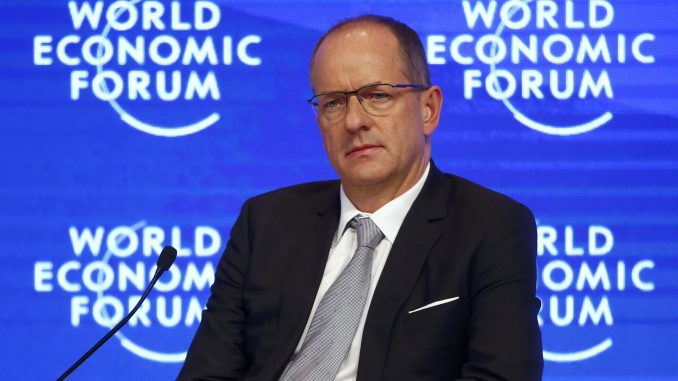
RESEARCH TRIANGLE PARK – GlaxoSmithKline’s global head of pharmaceuticals, Abbas Hussain, is to leave Britain’s biggest drugmaker after being passed over for the top job and will be replaced by Luke Miels from AstraZeneca. Hussain, the brother of former England cricket captain Nasser Hussain, had been a contender to take over from Chief Executive Andrew Witty, who steps down at the end of March, but the job went to GSK’s consumer health boss Emma Walmsley. “Succession processes are challenging for everyone involved and, unfortunately, it is rare that all of those involved stay with the company,” Witty said. Miels’ defection, announced by GSK on Thursday, is a blow for AstraZeneca, which has seen a string of high-profile scientists leave in the last 18 months. Its head of oncology, Mondher Mahjoubi, left to join French biotech company Innate Pharma a month ago, while Sanofi poached one of its top researchers in March. AstraZeneca said Miels, who heads its European business, would stand down with immediate effect and the company had started the process to find his replacement. Witty told Reuters on the sidelines of the World Economic Forum in Davos that Miels would have a lengthy handover period working alongside Hussain, who intends to stay on at GSK through much of this year. GSK’s manufacturing head Roger Connor and finance director Simon Dingemans had also been suggested by industry observers as possible candidates for the CEO job. However, Witty said he did not expect any other significant management departures. For new boss Walmsley, the selection of Miels is a key appointment and marks her first big step in building up a team as she prepares to steer the drugmaker through changing times. Miels, who has both commercial and scientific experience after working at AstraZeneca, Roche and Sanofi , arrives at an important moment for GSK, which is looking to new drugs to offset the decline of lung treatment Advair. “In the next 18 to 24 months we are going to have something like 25 assets reporting out clinical data,” Witty said. “If we have a substantial yield of good news from this Phase II pipeline then hopefully by 2019 or 2020 the company will need to invest a bit more in R&D.” Walmsley, who worked in marketing and management at L’Oreal for 17 years before joining GSK, has her roots a long way from the pharmaceutical lab bench, which has raised doubts among some investors about her insight into prescription drugs. Last month GSK said it was bolstering scientific expertise on its board by establishing a new science committee, charged with overseeing research, as she prepares to take over.



